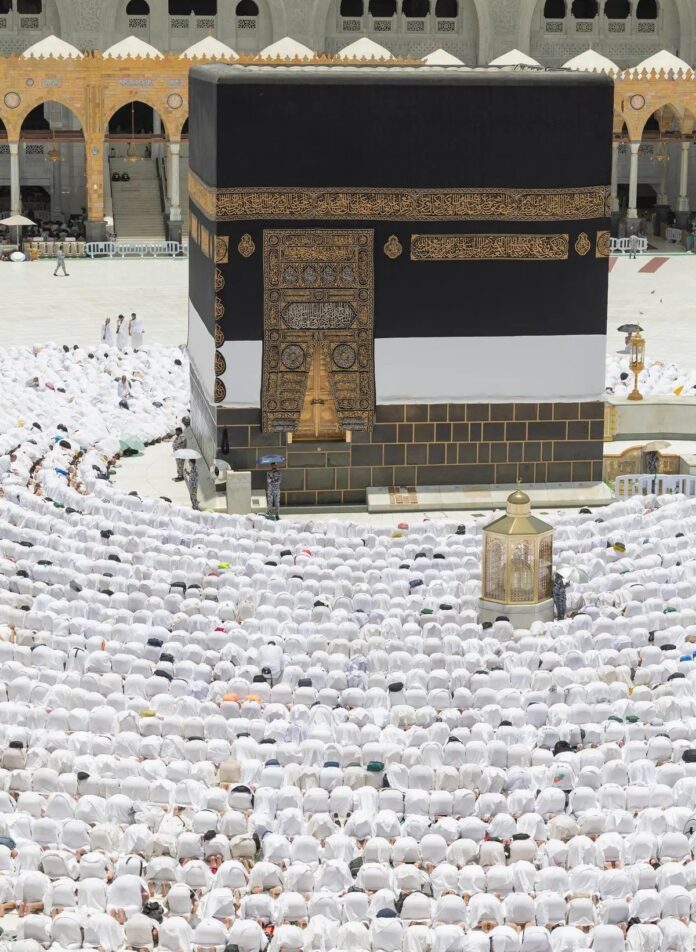The Islamic New Year 1447 AH has officially commenced, with the Supreme Court of Saudi Arabia declaring Thursday, June 26, 2025, as the first day of Muharram. This declaration followed the verified sighting of the crescent moon on the evening of Wednesday, Dhul Hijjah 29.
The decision was announced after the Kingdom’s Crescent Sighting Committee confirmed credible testimonies of the moon’s sighting. The Saudi Press Agency relayed the court’s statement, which included prayers for the nation’s leadership and a call for unity among Muslims worldwide in the year ahead. The confirmation was also swiftly shared by @HaramainInfo, the official X (formerly Twitter) account for the Two Holy Mosques in Makkah and Madinah, announcing, “The new Hijri year begins tomorrow.”
Nigeria and Global Confirmation
In Nigeria, the National Moonsighting Committee, under the National Supreme Council for Islamic Affairs (NSCIA), also corroborated the date. A post on their official X account late Thursday midnight confirmed: “His Eminence, the Sultan of Sokoto has declared Thursday, 26/6/2025 as 1st Muharram 1447 AH. The crescent for the new Islamic year and the month of Muharram was SEEN today.”
The Significance of Muharram and Ashura
Muharram is the first month of the Hijri calendar, also known as the Islamic lunar calendar. This calendar system began in 622 CE with the Hijrah – the pivotal migration of Prophet Muhammad (peace be upon him) from Makkah to Madinah. Unlike the Gregorian solar calendar, the Hijri calendar consists of 12 lunar months, with each month starting upon the confirmed sighting of the new crescent moon, making it approximately 10-12 days shorter annually.

Muharram holds deep religious significance as one of the four sacred months in Islam. During this period, warfare is traditionally forbidden, and acts of worship, reflection, and good deeds are especially encouraged.
A particularly significant day within Muharram is Ashura, which falls on the 10th of Muharram. This year, Ashura will be observed on Saturday, July 5, 2025. Ashura commemorates various historical events, notably the salvation of Prophet Musa (Moses) and his followers from Pharaoh. For many Muslims, it also marks the martyrdom of Imam Hussain, the grandson of Prophet Muhammad, at the Battle of Karbala. Fasting on Ashura is a highly recommended practice (Sunnah), with many Muslims choosing to fast either on the 9th and 10th or the 10th and 11th of Muharram for increased spiritual reward.
The twelve months of the Islamic (Hijri) calendar are: Muharram, Safar, Rabi’ al-Awwal, Rabi’ al-Thani, Jumada al-Awwal, Jumada al-Thani, Rajab, Sha’ban, Ramadan, Shawwal, Dhul Qa’dah, and Dhul Hijjah.
As the Islamic world steps into 1447 AH, the focus remains on spiritual reflection, unity, and adherence to the tenets of Islam during this sacred period.


